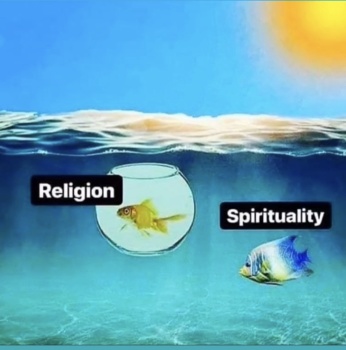Okay, but here and now, given the aim of this thread, one either does or does not believe in God and/or religion. And, if they do, this belief will almost certainly impact on the behaviors they choose on this side of the grave. Morality here and now, immortality there and then.
So, as close as you are able configure this into your own embodied frame of mind “here and now” how, in a particular context, do you go about choosing one set of behaviors rather than another?
In other words, to the best of your ability, explain how being an “agnostic” may or may not be the equivalent of my feeling “fractured and fragmented”? How could agnosticsim – again, given what is at stake – not precipitate that sense of feeling drawn and quartered when “I” is confronted with “doing the right thing”?
In other words…
You’re not unique in not understanding how you understand things. Given the limitation of the human mind it isn’t possible to understand something and understand how you understand it at the same time. The latter would be a meta-understanding. You don’t understand everything about anything let alone yourself. So, to suppose you could know about “there and then” when you know so little about “here and now” is foolish in itself…said Curly.
But, again, the whole point of this thread is to focus the beam in on those who sustain their own meta-understanding of themselves in the world around them through one or another religious denomination.
How, for all practical purposes, does that “work” for them when confronted with conflicting goods? And how do they see their “self” here in a way that is not construed as being “derived from an existential contraption rooted in the lives [experiences, relationships, ideas etc. ] they have lived rooted in dasein”.
They – you – will either go there or not. And, sure, your own explanation above is perfectly exceptable to me. But then this thread wasn’t created for agnostics, but for believers.
